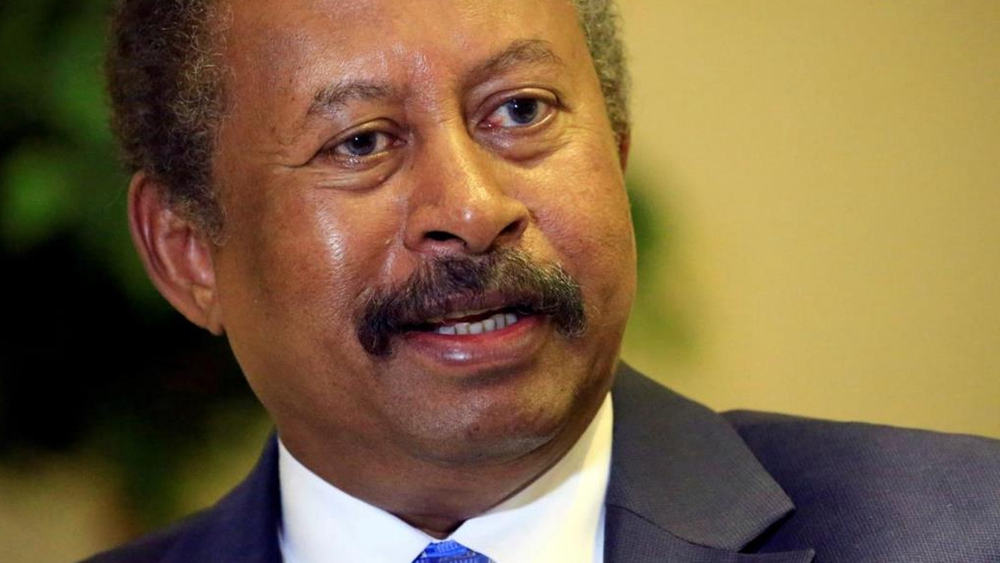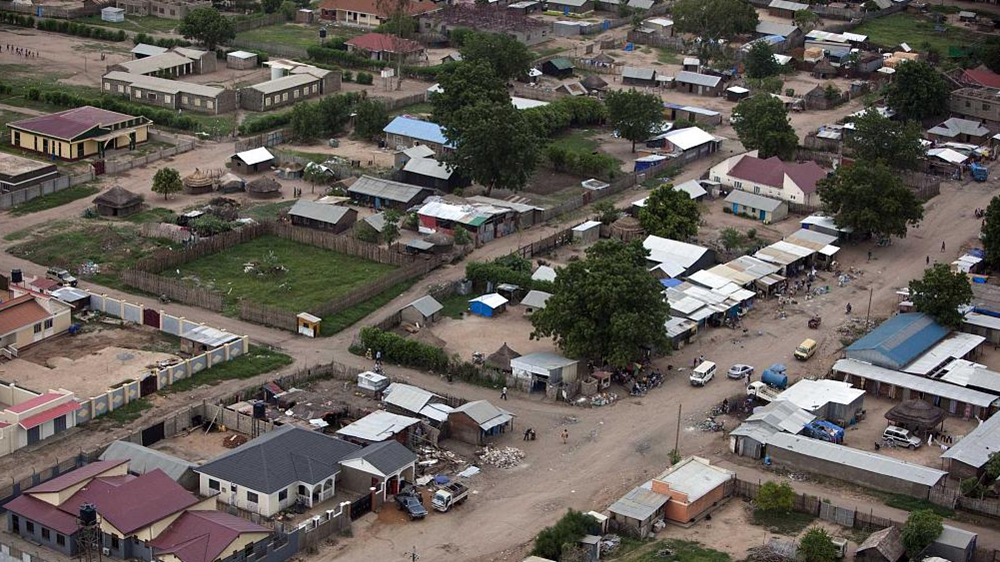
Sudan's new prime minister in the transitional government Abdalla Hamdok speaks during an interview in Khartoum, August 24, 2019. /Reuters Photo
Sudan's new prime minister in the transitional government Abdalla Hamdok speaks during an interview in Khartoum, August 24, 2019. /Reuters Photo
Sudan's government agreed on Monday to allow humanitarian relief to war-torn parts of the country and renewed a ceasefire pact with major rebel groups at peace talks in South Sudan.
Officials from all sides said the new administration in Khartoum and two umbrella groups of rebels had signed a declaration to keep the doors open to dialogue.
"The political declaration will pave the way for political negotiations and is a step towards a just, comprehensive and final peace in Sudan," said General Mohamed Hamdan Daglo, a key figure in Sudan's transitional government.
Talks have been underway in Juba since last week between the new government in Khartoum and rebels who fought now-ousted president Omar al-Bashir's forces in Darfur, Blue Nile and South Kordofan states.
The new transitional authorities have vowed to bring peace to these conflict zones.
The peace talks have been held in the capital of South Sudan after its President Salva Kiir offered to mediate, although Sudan's neighbor and former foe is struggling to end its own war.

An aerial view of Juba. /VCG Photo
An aerial view of Juba. /VCG Photo
One of the rebel movements involved in the talks, the Sudan Revolutionary Front (SRF), said the agreement reached in Juba was a good step.
"Peace is a very strategic goal for us. The transformation of Sudan is anchored on peace," said Hedi Idriss Yahia, who signed the agreement in Juba on Monday on behalf of the SRF.
Khartoum agreed to let aid into marginalized, conflict-wracked areas of Sudan long cut off from humanitarian groups during al-Bashir's rule. They include Darfur, the Nuba Mountains and Blue Nile regions.
Later on Monday, Sudanese Prime Minister Abdalla Hamdok stressed the importance of dialogue to resolve the conflicts.
"These conflict areas are rich in resources, but so far we have failed to use these resources because of conflicts," said Hamdok.
"Resolving the conflicts and bringing peace is important for our democracy and for solving the economic crisis."
Source(s): AFP